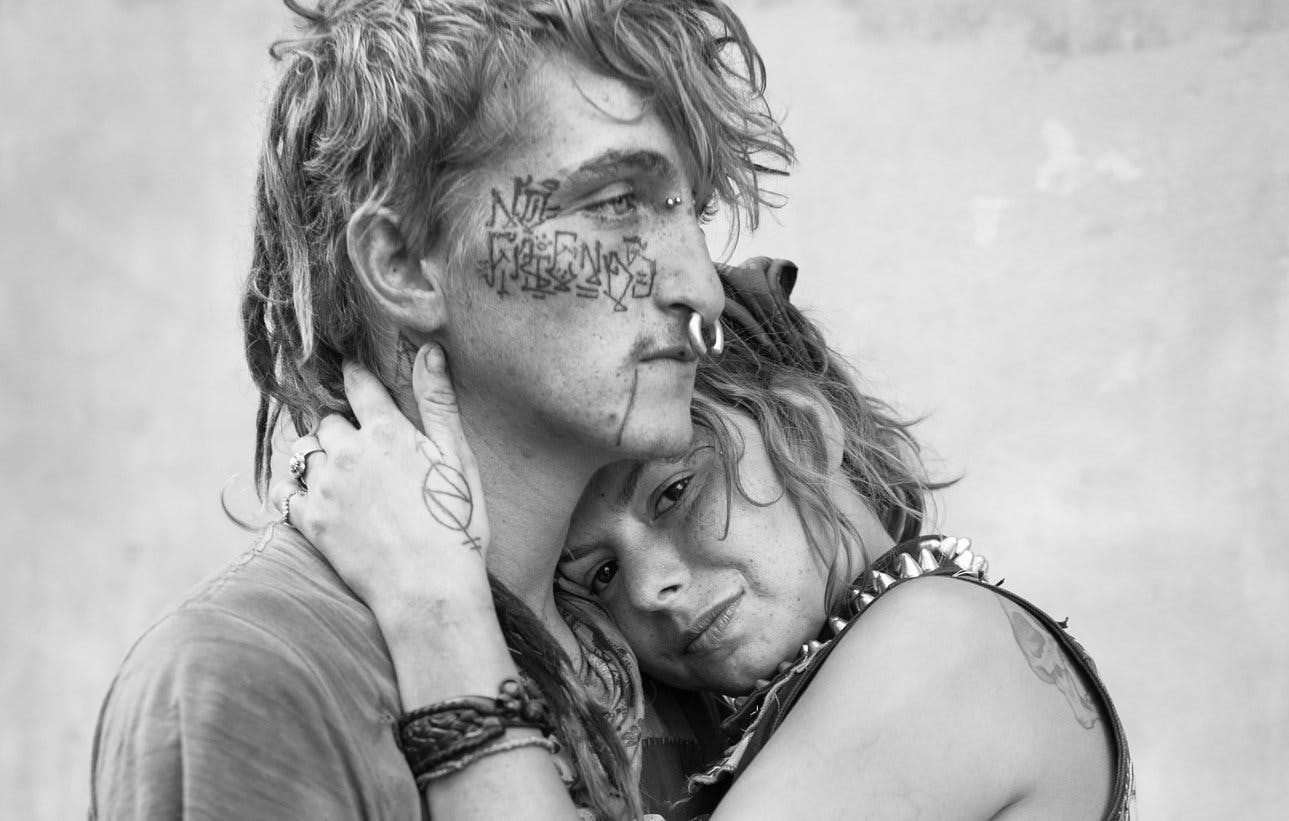If the world has never been harder to escape from, it likely follows that the urge to escape from it has never been greater. You sit, don’t you, at your desk, immersed at all times in your phone – on the bus, at funerals, in doctors appointments, at catch-up drinks with old school friends who’ve been guilt-tripping you into meeting for years and years just so that you can sit there ceaselessly hard-refreshing Twitter a metre away from their gnarled, disconsolate faces.
And occasionally, you think: “Maybe it would be nice to not constantly be in two places at once, one foot in the corporeal realm, the other in the digital.” Maybe it would be nice to be not so totally addicted to the penny-sweet endorphin rush of hard refreshes. Maybe it would be nice to seek out another life entirely.
Michael Joseph is a photographer who is engaged in an on-going campaign to take portraits of people who’ve turned their backs on more sedentary versions of their lives in order to seek out the world, to chase it down rather than be chased by it, in a way that sounds today kind of clichéd. But the more and more you think about it, the more it makes a huge deal of sense. Maybe those fresher-year literature infatuations shouldn’t have been forgotten. Maybe Kerouac was… right?
We interviewed Joseph about his photos of the traveller community still criss-crossing the United States of America, hopping trains, listening to GBH, taking abuse, falling apart, falling in love.
